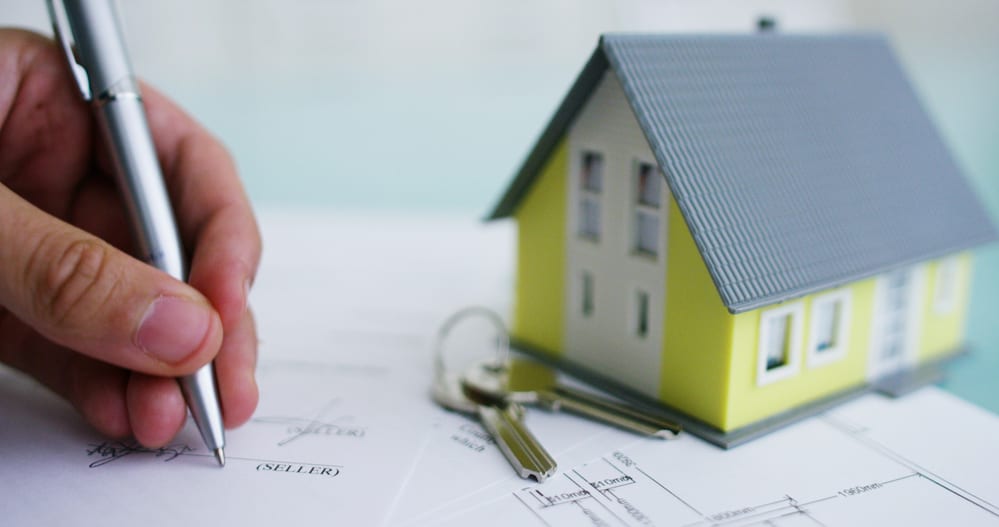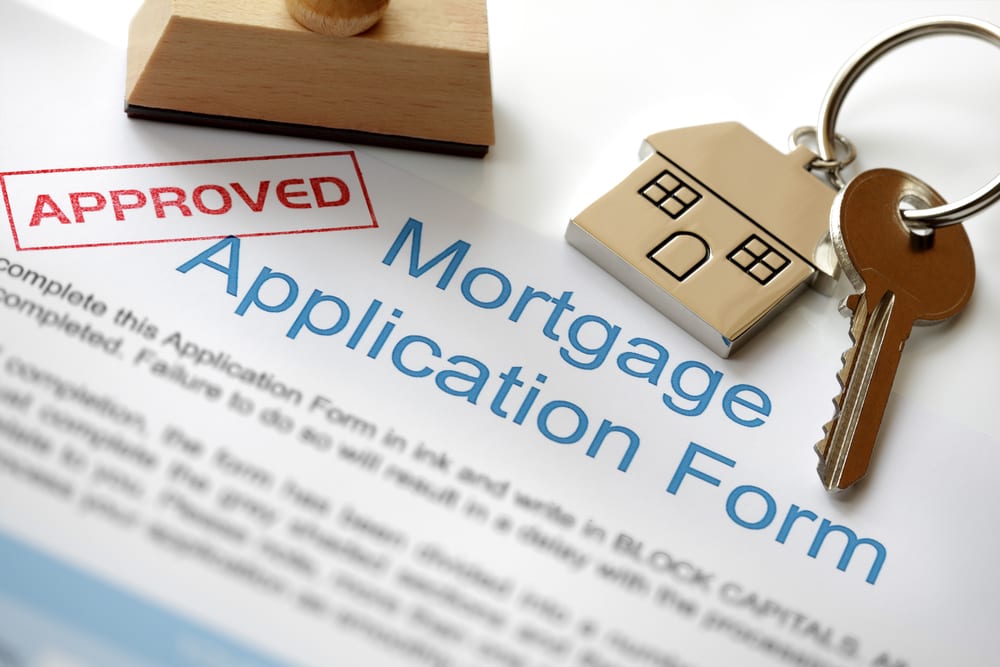
by admin | May 3, 2020 | Mortgage News
Stamp duty may not be the most exciting topic in the housing market, but it can make quite a difference to how much you end up paying for your home. Here’s a brief guide to what it is, how it works, what that means in practice and what the future might bring.
Stamp duty is actually a shorthand for different taxes
In England and Northern Ireland, Stamp Duty means Stamp Duty Land Tax and there is an online calculator here. In Wales, it means Land Transaction Tax and there is an online calculator here. In Scotland, it means Land and Buildings Transaction Tax and while this in no official calculator, you can find the current rates listed here.
Stamp duty works along essentially the same lines in all parts of the UK, but the bands are different (plus they are subject to change), hence you always need to check the rates in force at the time of your intended purchase and in the location of your intended purchase.
You should also be aware that different rates of tax may apply depending on what kind of purchase you are making, e.g. a first home, a main home (but not your first home) or an additional home.
How and when you pay stamp duty
From a buyer’s perspective, the process itself is actually quite easy. You just send the money to your solicitor and they send it on to HMRC when the property completes.
What stamp duty means in practice
In simple terms, you need to work out if you are due to pay stamp duty (if you are a first-time buyer you may not be) and if you are then you need to work out how you are going to pay it.
Basically, the two approaches are either to add it to your mortgage or to pay it out of your cash savings. In either case, you would need to meet the appropriate lending criteria regarding Loan To Value ratio (LTV) and affordability. You would also have to accept the fact that either way you are going to impact your LTV ratio and this may impact your ability to get the very best deals.
Having said that, while mortgages are sold as long-term products, there is absolutely nothing to stop you re-mortgaging at a later date when you have built up equity in your home and this fact may be enough to prevent you from needing to as it may encourage your lender to agree to negotiate an improved rate in acknowledgement of your improved situation (re the LTV ratio and possibly increased income as well).
For the sake of completeness, the example of stamp duty is a good reminder to think about all the possible transaction costs involved in buying a home and the importance of making sure that you have funds to pay them.
The future of stamp duty
Interestingly, there are proposals to switch stamp duty to a tax paid by the seller.
The argument behind this change is that people who are moving from smaller homes to larger ones would pay stamp duty on the smaller home (they are selling) rather than the larger one they are buying, while people moving into smaller homes will be paying less for the property they are buying.
This may sound good in theory, however, it’s hard to see what would deter sellers of any description from simply incorporating the cost of the stamp duty into the sales price of the property. If they did so, then, rather ironically, the buyer (who is the person ultimately paying for the property) might end up paying more as the property could be pushed into a higher stamp duty band, so you’d effectively be paying stamp duty on the stamp duty.
Your property may be repossessed if you do not keep up repayments on your mortgage.
On clicking the above links you will leave the regulated site of Coombes & Wright Mortgage Solutions Limited. Neither Coombes & Wright Mortgage Solutions Limited, nor Sesame Ltd, is responsible for the accuracy of the information contained within the linked site.

by admin | Aug 2, 2019 | Mortgage News
If you are buying your first home or moving to a bigger one, then there’s a very good chance that you’re going to need a mortgage to help you to do so. The bad news is that being approved for a mortgage is very far from a formality. The good news is that it is possible, as evidenced by the many people who successfully do so each year. With that in mind, here are some tips on maximising your chances of mortgage approval.
Build a deposit
There are two good reasons why mortgage lenders prefer borrowers with larger deposits. The first reason is the straightforward fact that larger deposit lowers the lender’s exposure to fluctuations in the property market. In principle, the borrower is responsible for the mortgage, but, in practice, if the worst comes to the worst and the borrower goes bankrupt, it will be the lender who is left on the hook. The second reason is that the ability to raise a large deposit shows that the borrower can save (or has access to financial support from other sources).
Make sure your credit record looks as good as it possibly can
In addition to checking for any clear errors (and getting them corrected), see if you can go a step further (or several steps further) and actively improve it. Sometimes even simple changes can make a difference (possibly only a small difference, but every improvement is a gain). For example, if you’re not on the electoral roll, then get your name added (and if you are on, make sure you’re listed at the address you’ll be giving to your mortgage lender) and if possible, add a landline phone number. On a larger scale (and with potentially more impact), make the time to pay off any small-scale debts you are carrying, such as credit cards you hardly use, and then actually close them (rather than leaving them in limbo). In fact, if you still have any credit cards with zero balances, then ask yourself if you really have a compelling reason for keeping them open and if the honest answer is “no” then close them. If you need any more encouragement to take this step, then remember that every financial product you own is a potential point of compromise and so minimising the number of companies which have access to your financial details should also reduce the likelihood of you becoming a victim of fraud and/or identity theft.
NB: remember that the UK has three main credit-reporting services Experian, Equifax and CallCredit and you will need to check your record with each of them to get a full picture of how your financial history will look to a lender.
Keep your finances on a steady track
Remember that your credit record is only the first check a lender will make. If you pass this hurdle, they will want to take a more detailed look at your spending by means of your bank statements. With this in mind, you want your statements to give the impression of a person who lives their life in a way which is unlikely to give a potential lender a moment’s cause for concern. So, for example, unless you are really desperate to leave a job you hate, wait until your mortgage is 100% secured before doing so and if your plan is to start your own business, then hold off making any purchases which make this obvious to the lender. In other words, while you have to answer any questions truthfully, you only have to answer what they actually ask. Always remember, however, that the onus will be on you to keep up with your mortgage payments and that the consequence for not doing so can be losing your home, so resist any temptation to over-stretch yourself from the start.
Your property may be repossessed if you do not keep up repayments on your mortgage.
On clicking the above link, you will leave the regulated site of Coombes & Wright Mortgage Solutions Limited. Neither Coombes & Wright Mortgage Solutions Limited, nor Sesame Ltd, is responsible for the accuracy of the information contained within the linked site.



Recent Comments